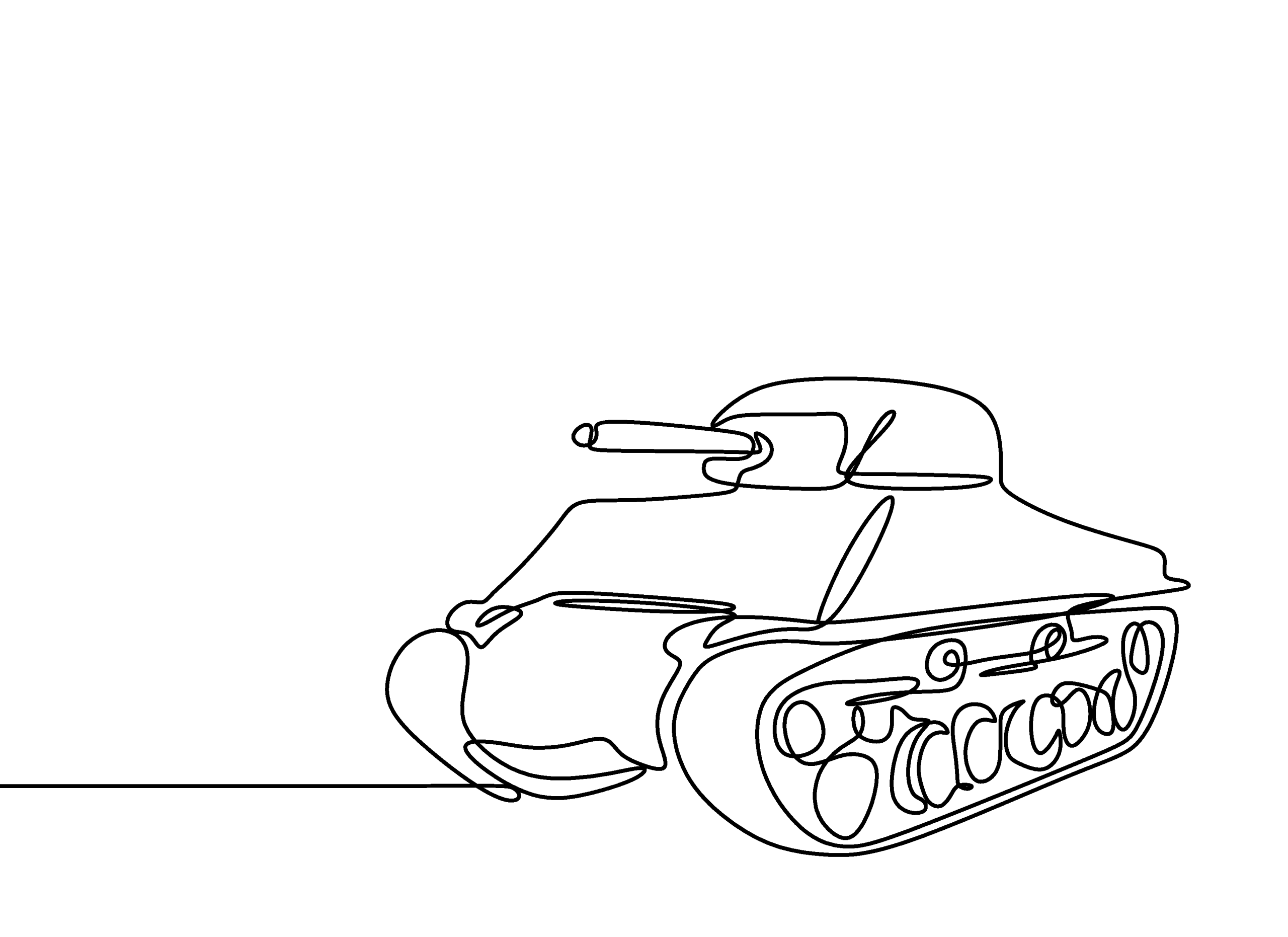Learn
about
sustainability
Discover
your
preferences
Explore
sustainable
investments
Enhance
your
investments
Check
your
portfolio
Act
with
awareness

Excluding arms-relatedactivities
How can I take action?
The topic of armaments is usually divided into two categories:
- conventional weapons, which include classic military equipment (rifles, military aircraft, warships, tanks, surface-to-air missiles, etc.) intended for armies and national defence, as well as fist weapons, which can also be purchased by private individuals if the State so authorises
- the unconventional or controversial weapons, that is, those weapons that also have devastating consequences on the civilian population:
- anti-personnel mines, both buried and toy-shaped, also designed to target the civilian population
- fragmentation (cluster) bombs, which open in the vicinity of the target and release explosive devices in all directions
- bacteriological and chemicalweapons , which have incalculable medium-term consequences for the health of anyone who comes into contact with the substance they release
- depleted uranium munitions, which are highly carcinogenic due to the radiation they give off
- nuclear weapons, which cause devastating effects with the explosion, capable of disintegrating entire cities, and serious long-term damage to the environment and the Society
Two opposing visions of sustainability:
- A widely held view that the sustainability of a Society passes through an appropriate defence policy and the management of a modern professional armyThese are necessary conditions for facing internal and external threats and for dialogue with sufficient military power in crisis situations. In this case:
- all activities related to conventional armaments are considered necessary and therefore sustainable
- controversial weapons are banned as not socially acceptable
- A minority view inspired by pacifism defining arms-related activities as unsustainable by natureThey are based on a logic of confrontation between peoples and not on cooperation. Instead, investments should be placed in areas of activity with a positive impact on peoples. According to this line of thinking:
- military investments lend themselves to nationalistic logic and fuel dangerous situations of 'escalation' that are harmful to peoples, and are therefore fundamentally unsustainable
- controversial weapons are totally unacceptable
The issue of armaments is mainly addressed through two types of approach:
The normative approach related to the signing and implementation by sovereign states of a list of international treaties, in particular:
- The 1968 Treaty on the Non-Proliferation of Nuclear Weapons (NPT), which provides for the non-proliferation of nuclear weapons, disarmament and peaceful use under the supervision of an international body (IAEA).
- The Ottawa Convention of 1997, which prohibits the use, stockpiling, production and sale of anti-personnel mines and provides for their destruction.
- The 2008 Oslo Convention banning the use of cluster bombs, i.e. explosive weapons that disperse sub-munitions(bomblets) over a certain area
The exclusion approach applied to Society that manufacture or sell armaments.
The exclusions therefore concern Society that have material activity (more than 2%/5% of turnover depending on the funds) in the conventional and unconventional weapons industry. Sometimes, the tolerance is zero.
Some funds extend the exclusions to Society that participate in government procurement for national defence.
82% of the surveyed sustainable funds put investment restrictions in connection with the armament sector, namely :
- 81% of funds implement restrictive measures and exclude companies active in the manufacture and sale of controversial weapons
- 58% of sustainable funds exclude Society that manufacture or market conventional weapons

For a better reading of the data, please rotate your device.
